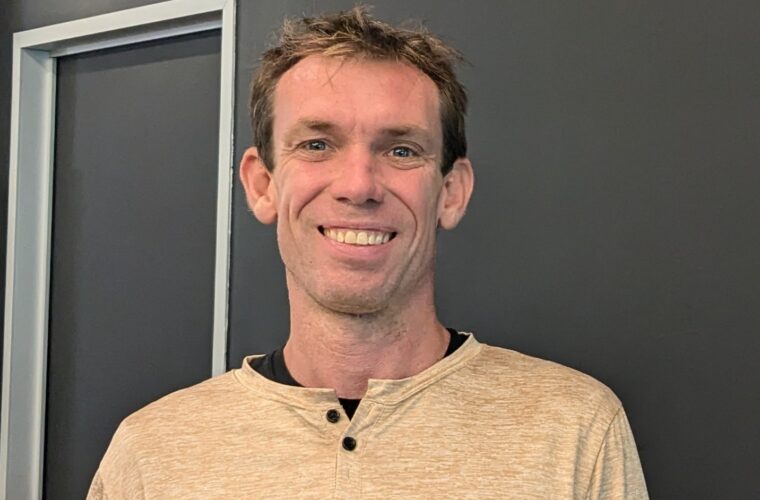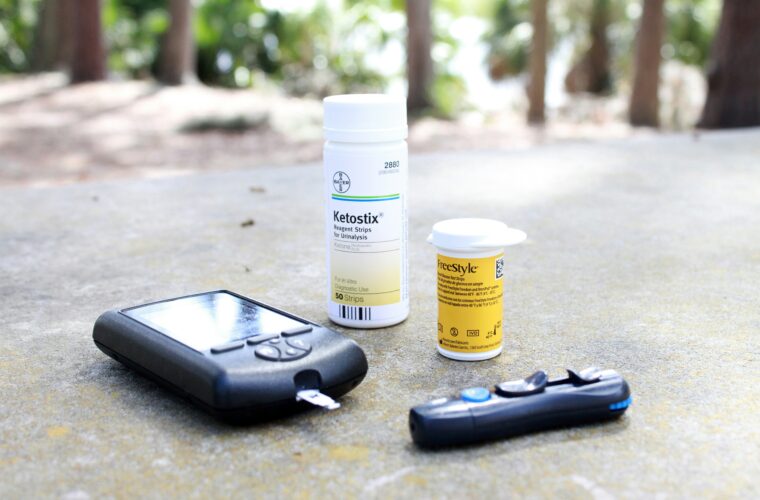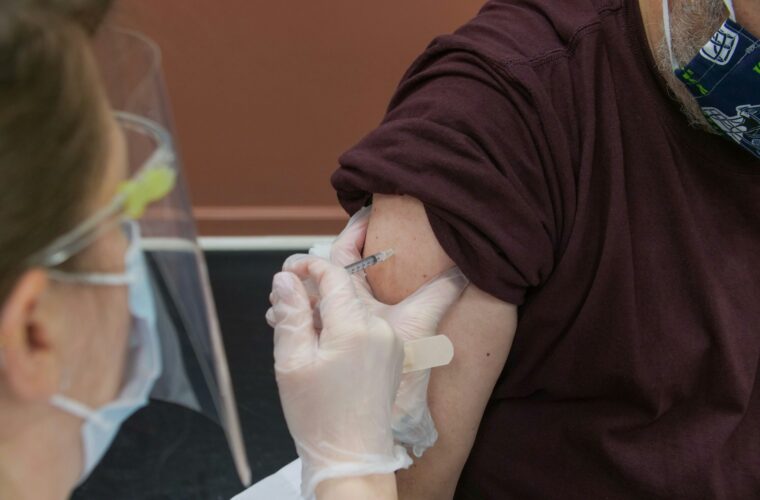While the world is embroiled in its fight with Covid many start-ups have stepped up in the response to helping the population deal with and hopefully, eventually eliminate the virus.
One such company who responded quickly was AFFIX Labs and they already have a proven working product, a long-lasting surface coating which kills the COVID-19 pathogen upon contact. “what makes it so unique is that it continues to do so for about a month, after thousands of touches on frequently used surfaces,” says Tom Sam CEO AFFIX Labs.
Previous to this, Sam and his team had worked on a project for the Zika virus which included removing the use of permethrin from the fight against insect-borne diseases and looking for a more environmentally friendly solution.
“In January, we got a call from one of our partners in Taiwan saying, ‘Tom, this virus is not going to stay in China, what are we going to do?’,” says Sam, “This is when we really started looking into the COVID-19 situation and focusing on how we can stop this virus. Luckily, because of our relationships in the past, we had connections with level three labs to do testing, and also with the money from EIT, we’re able to do a lot of research towards the effectiveness against COVID-19.”

Photo: Tom Sam, CEO AFFIX Labs
As part of the EIT Crisis Response Initiative, EIT RawMaterials mobilised EUR 9.8 million to provide targeted support to 60 high-impact and growth potential start-ups, scale-ups and SMEs during the crisis. AFFIX Labs received EUR 200, 000 of that funding.
“The agreement is that you have to pay back part of it once you become profitable,” says Sam. “I really like the idea that the tax dollars don’t go to waste. If a project is successful it comes back to the community again.”
Headquartered in Helsinki the efforts to develop their quaternary ammonium based solution Si-Quat, came together despite the team being spread so far apart.
“I’m following my wife, for her work, so I’m based in Dubai,” he says. “We have people in Finland, of course, where we are based and then we have a lab in Portugal, we also have people in Holland, Germany and Thailand – we hire people that are independent and can work by themselves and can focus in a remote environment.”
The product is based on the trusted and safe disinfectant quaternary ammonium, which is chemically bound to align silane quaternary ammonium molecules (silane quats) in a highly effective manner. Positively charged nitrogen particles then actively attract viruses and bacteria, penetrating the membranes and killing them within minutes.
Si-Quat can be used on many different types of surface used public areas like shopping malls and schools. Taxis, buses, trains and planes have been treated with the coating but getting the coating to be durable has been the biggest challenge.

“It’s incredibly complex. First of all, to stabilise compounds in a way that it’s efficient,” says Sam. “We see new competitors coming out in the market saying their product can last for a long time but in real life, it’s all about friction and durability.”
“To actually be able to bind it to a surface, and to any surface, is the tricky part,” he explains. “Then there is the stabilisation of the product. Other companies using similar, or the same active ingredients, do not get to see the same results, it takes them 30 minutes or one hour to kill the virus where we can do it within one minute.”
AFFIX Labs has begun to roll out the distribution of Si-Quat across Europe, Africa and the Middle East. The next stage is developing a cleaning product which will allow the treated surfaces to be cleaned without having a negative impact on the durability of the coating. The product launch is imminent.



